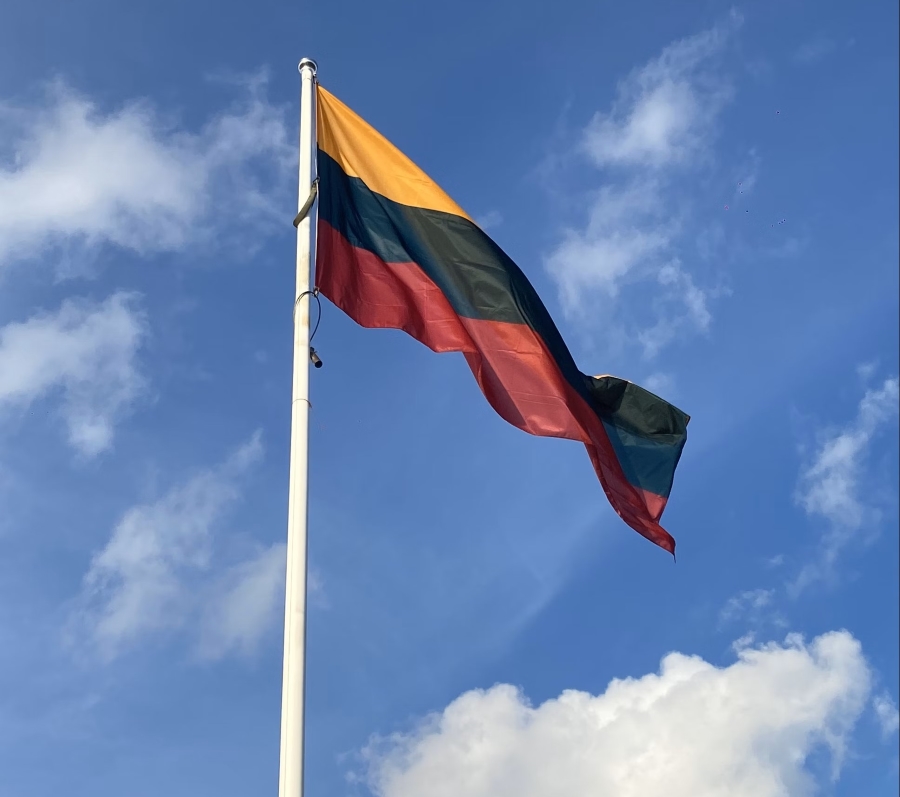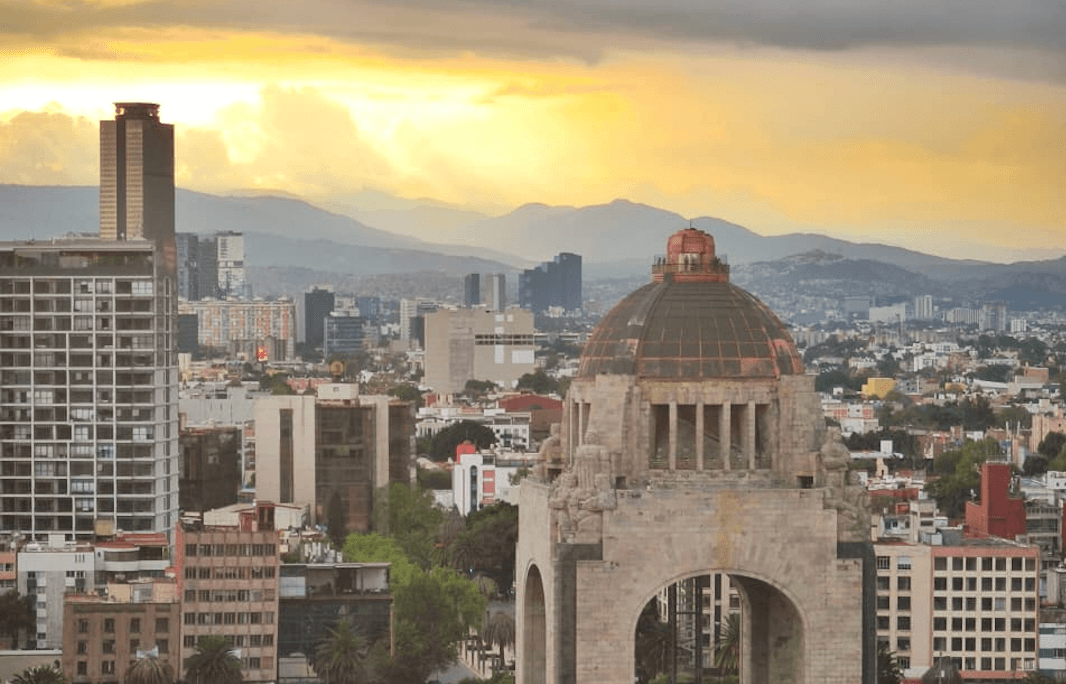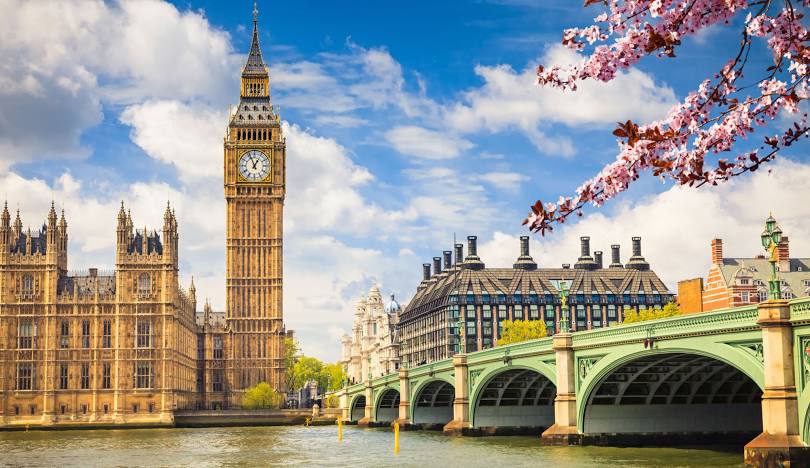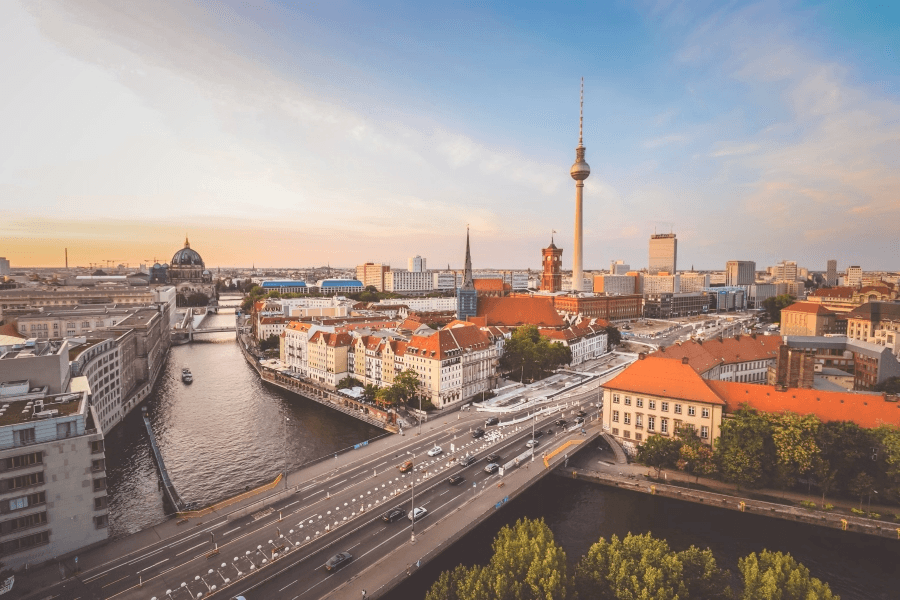
The Digital Economy Promotion Agency (DEPA) is leading the effort with the proposed Promotion of the Game Industry Act, which has been in development for over a year. The draft legislation has already received approval from the Comptroller General’s Department’s revolving fund committee and budget allocation from the National Broadcasting and Telecommunications Commission (NBTC). It is now awaiting Cabinet review.
Regulating hidden gambling in games
The new legislation aims to regulate games featuring gambling-like elements, including loot boxes, prize draws and point redemption systems. At present, Thailand does not have any dedicated authority to monitor or control these games. Once the law is in force, the Cyber Crime Investigation Bureau will have the authority to ban unlicensed games and inspect operators to ensure they fulfill safety, transparency, and fairness standards.
Assistant Professor Nuttapon Nimmanphatcharin, President and CEO of DEPA, emphasised the bill is not intended to restrict innovation. He said the legislation aims to “regulate the market fairly and sustainably.” He added, “The law is not a barrier, but rather a mechanism to regulate the gaming market to ensure fairness and facilitate free and responsible market competition.”
The bill also mandates the establishment of three new bodies to oversee the industry: the Registration Committee, the Regulatory and Inspection Committee, and the Game Industry Promotion Committee. These committees will have separate responsibilities to balance security, economic growth, and industry development.
Supporting global competitiveness
The Thai government sees the legislation as an important step toward establishing the country’s gaming industry on a worldwide scale. DEPA has stated that the act will establish industry norms equivalent to leading nations, providing Thai developers the confidence to operate worldwide.
Nuttapon emphasised the sector’s growth potential, stating that it is currently valued at up to 40 billion baht (US$1.23 billion) and could rise to 100 billion baht over the next ten years. “This industry has a lot of opportunities,” he said. “Games are interconnected with many sectors, from education to entertainment and sports. In addition, games are a cultural activity in a region that has many similar elements.”
The timing of the legislation aligns with Thailand’s hosting of Gamescom Asia 2025 in Bangkok this October, marking the first time the global gaming convention will take place in the country. The event, previously held in Singapore, is described as “the biggest B2B2C platform for the games industry in Southeast Asia and one of the biggest in the world.”
Casinos remain off the table
While Thailand advances social and online gaming regulation, efforts to legalise casinos have stalled. The proposed Entertainment Complex Bill, which would have permitted integrated resorts with casinos, was formally rejected by the Thai Senate in September.
The Senate’s special committee, chaired by Dr. Veerapun Suvannamai, warned that legalising casinos could cause more harm than benefit in the long term. The analysis identified dangers such as money laundering, diminished public trust, and minimal real economic value. It also mentioned socioeconomic difficulties such gambling addiction, family breakdowns, increased crime rates, and long-term demand on the healthcare system.
Senators criticised the concentration of power proposed under the bill, which would have allowed the prime minister to influence casino operations. Senator Chinachot Saengsang said the bill misrepresented casinos as secondary features, while Senator Sitthikorn Thongyos highlighted the dangers of normalising gambling in Thai society.
Political context and investor concerns
The bill was rejected in light of recent political shifts in Thailand. It was first proposed during former Prime Minister Paetongtarn Shinawatra’s tenure, but was put on hold after she was removed from power in August. Her successor, Anutin Charnvirakul, has spoken out against casino legislation, warning that it could damage connections with vital tourist markets such as China.
Tourism figures highlight the effect of this uncertainty, with Chinese visitor numbers falling by 34 percent in the first half of 2025 and overall foreign arrivals declining by seven percent. In response, the Tourism Authority of Thailand has lowered its 2025 visitor forecast from 37 million to 33 million. Experts and business leaders, including Dhanakorn Kasetrsuwan of the Thai National Shippers’ Council, have stressed the need for clear policies to attract investors and stabilise the economy.
Future of gambling reforms
Despite the rejection of integrated casinos, gambling reforms continue in other areas. Poker was recognised as a sport by the Sports Authority of Thailand earlier this year, and the Ministry of Interior lifted a decades-old ban on card games under gambling permits. However, Prime Minister Anutin has signalled that broader casino legalisation is unlikely during his administration.
If the Promotion of the Game Industry Act is passed by the Cabinet and enacted this year, Thailand would become the first ASEAN country with dedicated game legislation and the fourth in Asia, after China, Japan, and South Korea. DEPA has stated it will continue consulting with industry stakeholders to ensure the law promotes sustainable growth, closes legal loopholes, and protects consumers from fraudulent practices.



 1Days ago
1Days ago















